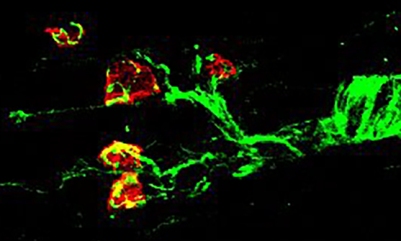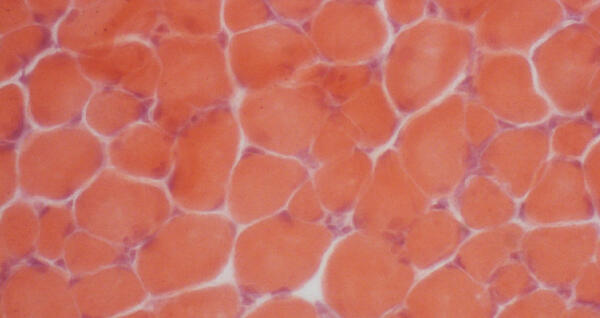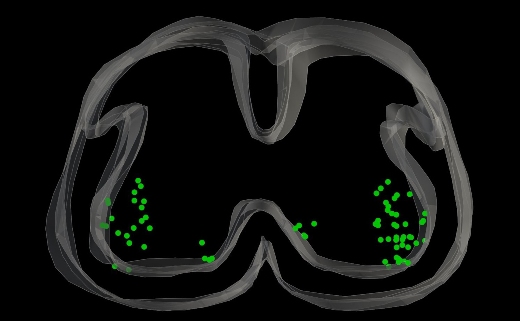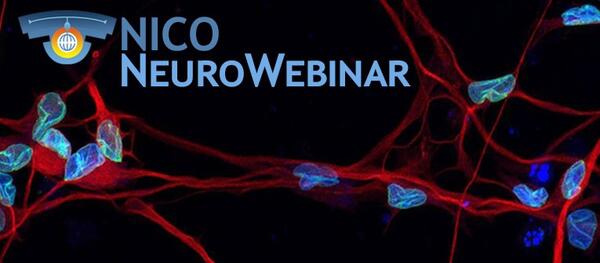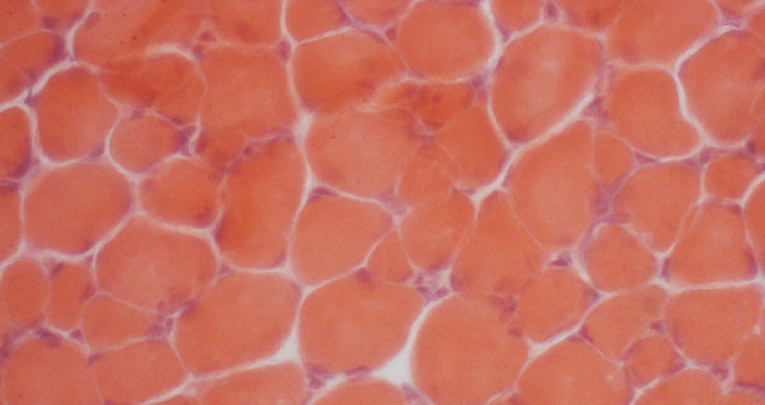
Proceedings of the National Academy of Sciences , 10 January 2023
Agonist of growth hormone-releasing hormone improves the disease features of spinal muscular atrophy mice
Marina Boido 1 , Iacopo Gesmundo 2 , Anna Caretto 1 , Francesca Pedrolli 2 , Roberta Schellino 1 , Sheila Leone 3 , Renzhi Cai 4 5 , Wei Sha 4 , Ezio Ghigo 2 , Andrew V Schally 4 5 6 7 8 , Alessandro Vercelli 1 , Riccarda Granata 2
Our team, from the left: dr. Roberta Schellino , prof. Alessandro Vercelli (Scientific Director of the NICO), dr. Anna Caretto and prof. Marina Boido - Research group Brain development and disease
Significance
Spinal muscular atrophy (SMA) is a motor neuron (MN) degenerative disease and the main genetic cause of infant mortality, resulting from deficiency of survival motor neuron (SMN) protein. Growth hormone-releasing hormone (GHRH) and its agonistic analog MR-409 counteract muscle atrophy and exert potent cardioprotective, neuroprotective, and anti-inflammatory functions.
MR-409 treatment improved the skeletal muscle innervation of SMA mice
Here, we report that treatment with MR-409 induced weight gain, improved motor behavior, attenuated muscle fiber atrophy and promoted the maturation of neuromuscular junctions in a mouse model of SMA. Furthermore, MR-409 prevented the loss of αMNs and decreased neuroinflammation in the spinal cord. Our findings demonstrate that MR-409 reduces the severity of SMA and may represent a potential new therapy for this disease.
MR-409 administration significantly counteracted muscle atrophy in SMA-affected mice
Abstract
Spinal muscular atrophy (SMA) is a severe autosomal recessive neuromuscular disease affecting children and young adults, caused by mutations of the survival motor neuron 1 gene ( SMN1 ). SMA is characterized by the degeneration of spinal alpha motor neurons (αMNs), associated with muscle paralysis and atrophy, as well as other peripheral alterations. Both growth hormone-releasing hormone (GHRH) and its potent agonistic analog, MR-409, exert protective effects on muscle atrophy, cardiomyopathies, ischemic stroke, and inflammation.
In this study, we aimed to assess the protective role of MR-409 in SMNΔ7 mice, a widely used model of SMA. Daily subcutaneous treatment with MR-409 (1 or 2 mg/kg), from postnatal day 2 (P2) to euthanization (P12), increased body weight and improved motor behavior in SMA mice, particularly at the highest dose tested. In addition, MR-409 reduced atrophy and ameliorated trophism in quadriceps and gastrocnemius muscles, as determined by an increase in fiber size, as well as upregulation of myogenic genes and inhibition of proteolytic pathways. MR-409 also promoted the maturation of neuromuscular junctions, by reducing multi-innervated endplates and increasing those mono-innervated.
Finally, treatment with MR-409 delayed αMN death and blunted neuroinflammation in the spinal cord of SMA mice. In conclusion, the present study demonstrates that MR-409 has protective effects in SMNΔ7 mice, suggesting that GHRH agonists are promising agents for the treatment of SMA, possibly in combination with SMN-dependent strategies.
MR-409, by improving innervation and muscle trophism, also contributed to delay the degeneration of spinal motor neurons (shown in green) in SMA mice.








